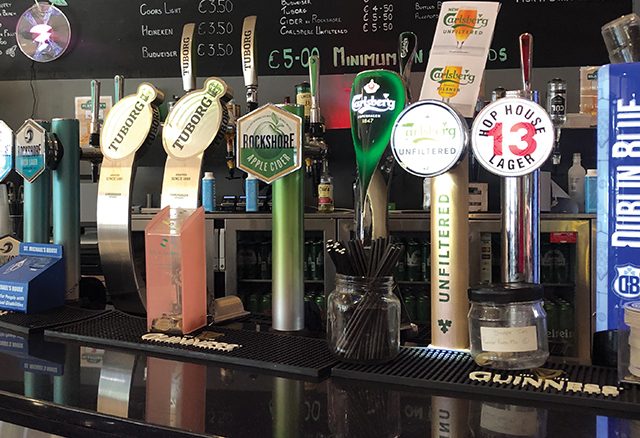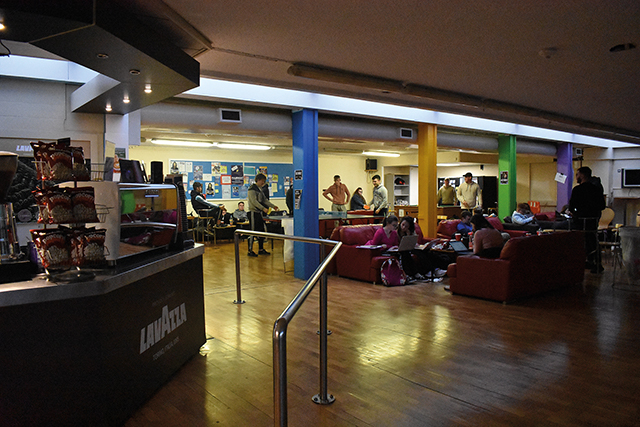
Sober October originally started as a fundraising opportunity, but its main purpose has now grown to mean much more to it’s participants.
10 years ago, Australian youth organisation Life Education raised money and awareness through ‘Ocsober’, a challenge where people quit alcohol for 31 days and donated funds.
Now ‘Ocsober’ – or Sober October – is a challenge and fundraising opportunity across the globe.
However, for Sorcha Murphy, the challenge was more than just about fundraising, but was for her mental health more than anything else.
“As I got older I started to notice my relationship with alcohol get worse and my hangovers get more difficult.” She said, “I’m a huge advocate for minding your mental health and I did in every other way than taking steps to prevent that session depression or blue hangover.”
According to Drink Aware, alcohol can offer a temporary positive impact on someone’s mood, but in the long term, it heavily impacts mental health.
The Royal College of Psychiatrists added that regularly drinking too much, and binge drinking, increases the risk of depression, anxiety, and can play a factor in relational issues with family and friends.
On the other hand, DCU Student Life Committee Member Dean O’Reilly stopped drinking, but not for any particular reason.
O’Reilly said, “I guess I think the idea that people need a specific trauma not to drink shows how ingrained it is in Irish society.”
Alcohol Ireland’s 2015 survey found that 39 per cent of drinkers, binge drink on a typical drinking occasion and 24 per cent do so at least once a week.
Alongside this their 2014 survey found that alcohol dependency was most common in 18 to 24-year-olds -the common age of third level students- at 14.7 per cent
DCU’s Sober Society is running Sober October this year and is likely raising funds for Rainbows Ireland, a programme to support children and young people affected by loss as a result of bereavement, separation or divorce.
Alongside the charity element, they also want to help students in their relationships with alcohol and going on nights out.
The society’s Chair, Aoife Brady, said Sober October, “shows people that drinking isn’t necessary to have a good time at events or on nights out.” She added that, “Everyone could benefit from taking part in Sober October, even once, as their perspective will undoubtedly be changed regarding alcohol and binge drinking.”
Psychology student Ciara Falls also said it is a beneficial event for young people to get involved in.
“If students realise that they don’t necessarily need to drink in order to have a good time, or begin to stop associating going out with getting drunk, then I feel it can only be a good thing.”
O’Reilly agreed and said, “Learning to have fun sober allows you to learn what you love versus what you tolerate with the aid of alcohol.”
Despite its small beginning in Australia, Sober October has grown into a global fundraising event for charities and individuals in need. But has simultaneously impacted the lives of people who join and has shined a light on the harms of drinking culture in Ireland.
Sonja Tutty
Image credit: Joy Nwagiriga



